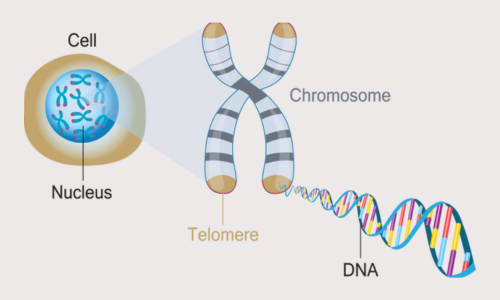Leukocyte telomere length in tinnitus patients: Relationships to incidence, severity, and psychosocial factors
Tinnitus, the phantom perception of sounds without external auditory stimulation, is a disorder with high prevalence. It poses a serious threat to the psychosocial functioning and quality of life of patients, as well as a socioeconomic burden, because the disease tends to become chronic and comorbid with mental disorders.
Aging is a major risk factor for hearing loss and also tinnitus. In addition to endogenous and exogenous causes, “physiological aging processes” can lead to hearing loss.
Psychosocial factors also play an important role in the genesis and maintenance of tinnitus. Many patients experience increased ringing in their ears during stressful periods in their lives and in situations in which they are mentally unwell.
The pathogenesis of tinnitus is ultimately not fully understood. Since the
length of telomeres (nucleoprotein complexes that protect chromosome ends against degradation, fusion, and recombination) is a biomarker of cell aging and stress, the study examined the following hypotheses:
- Tinnitus patients with severe severity (uncompensated) have shorter telomere lengths than tinnitus patients with mild severity (compensated).
- Tinnitus patients have shorter telomere lengths than age-matched controls.
The study was conducted under the direction of Michael Walter (Institute of Laboratory Medicine, Clinical Chemistry and Pathobiochemistry, Charité – Universitätsmedizin Berlin) with Dr. Birgit Mazurek (Tinnitus Center, Charité – Universitätsmedizin Berlin) as well as Bruno Neuner (Department of Anesthesiology with focus on Operative Intensive Care) and Pim van der Harst (Department of Cardiology, University of Groningen, Netherlands).
The project was funded by the Foundation in 2015. Link to project summary to follow.
